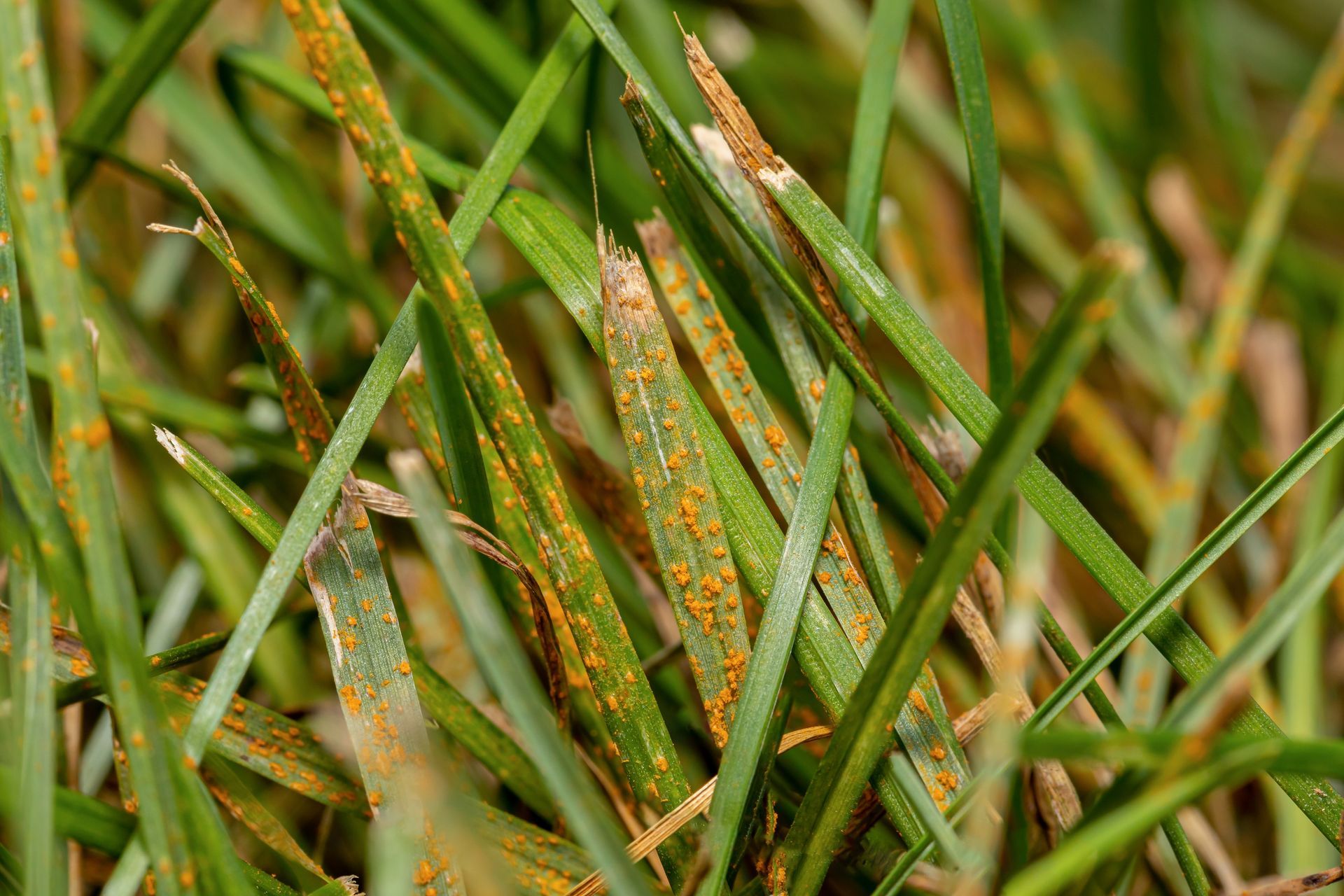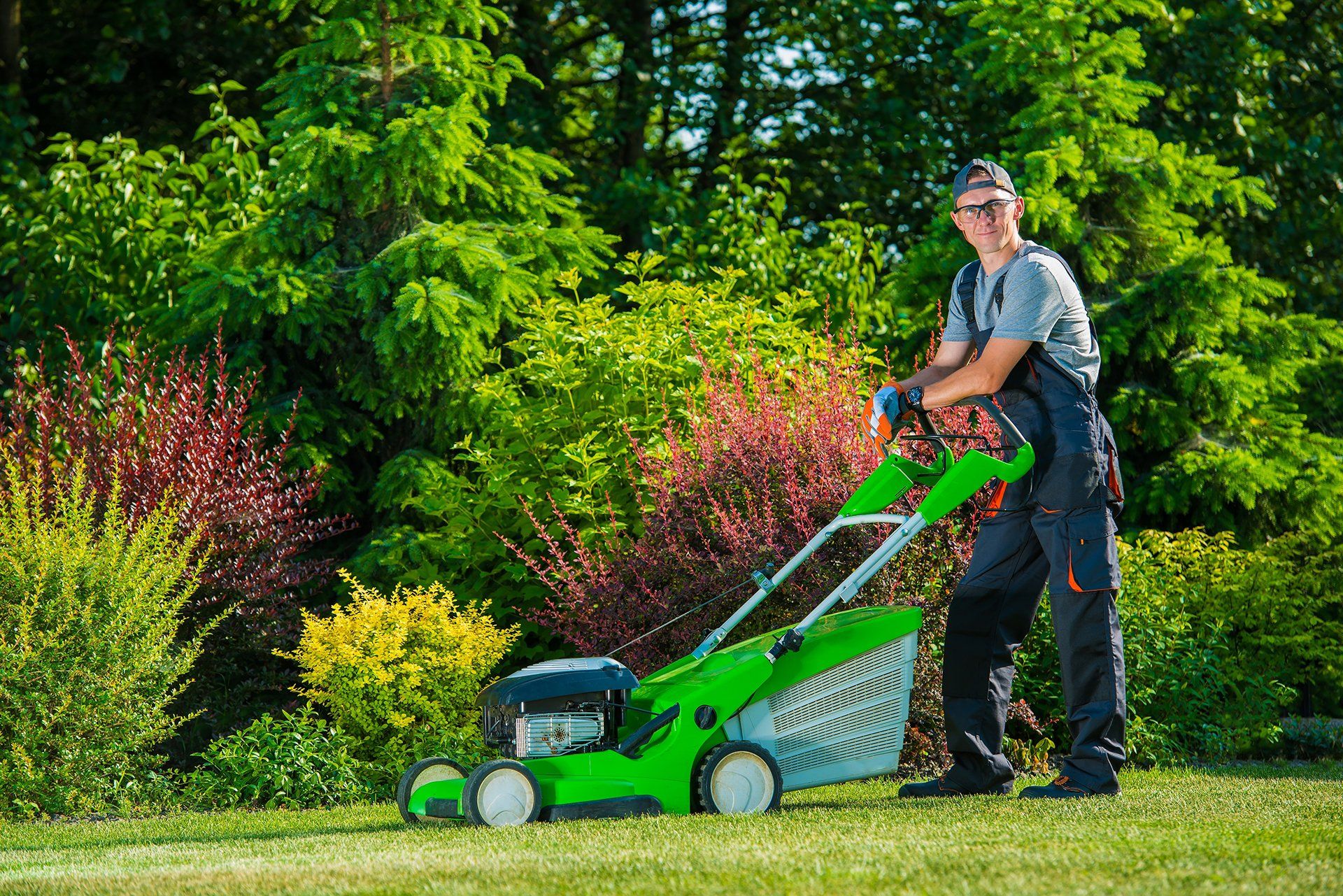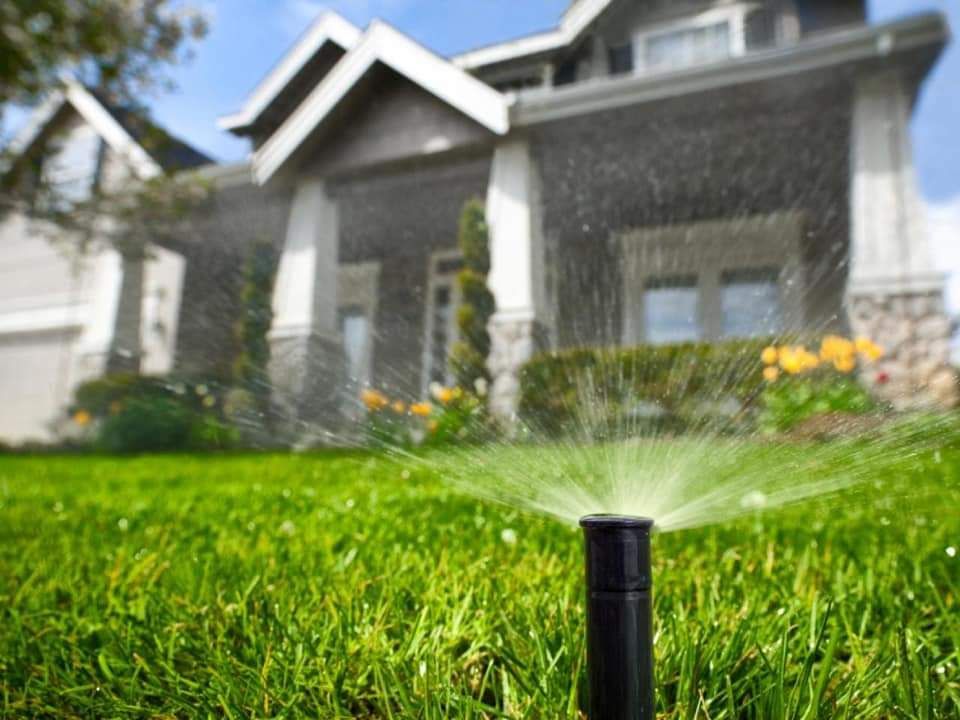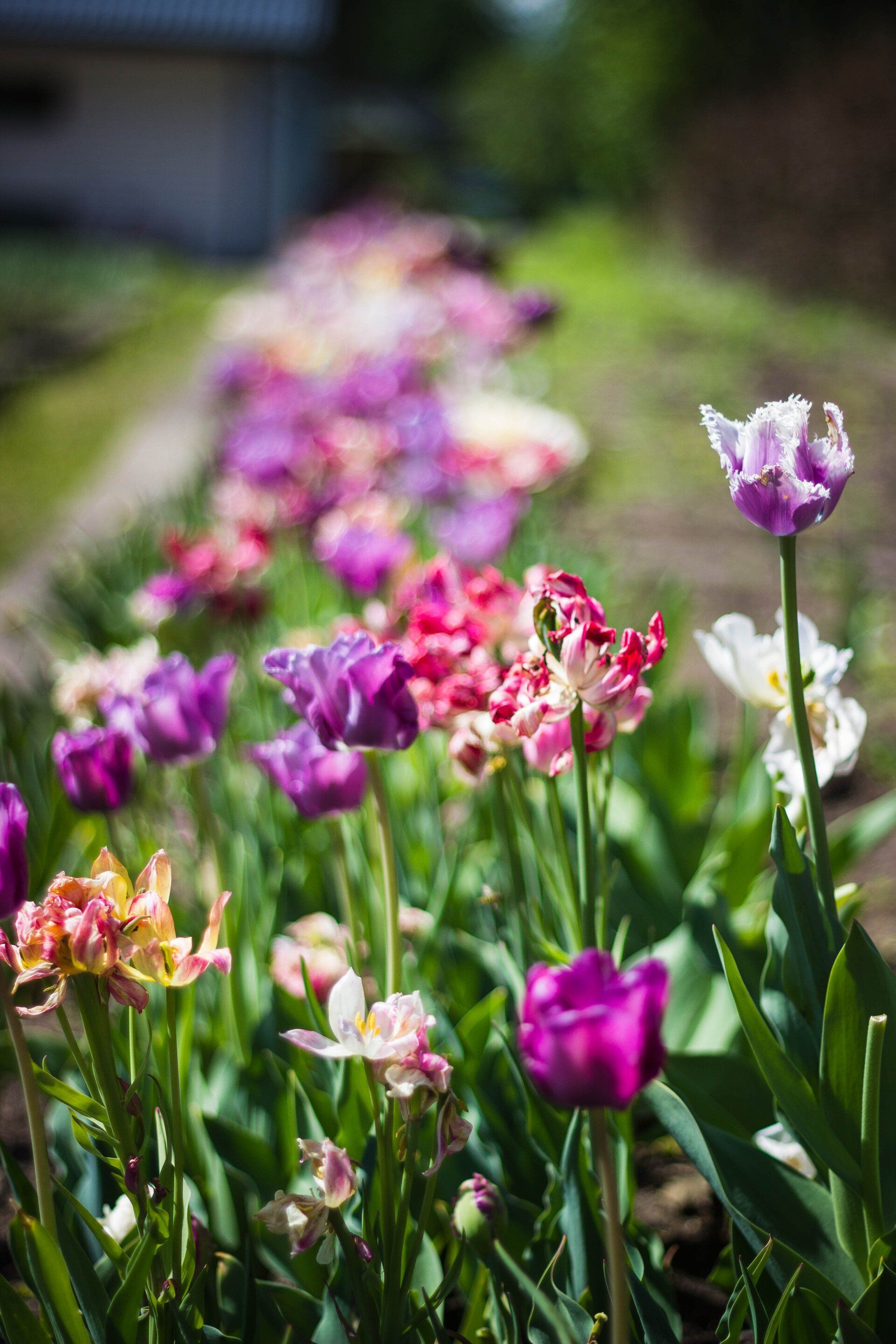Tips From The Pro's

August 15, 2024
How To Treat And Avoid Grass Fungus In Florida During The Rainy Season. As the rainy season descends upon Florida, lush green lawns can quickly become a breeding ground for grass fungus. The combination of high humidity and frequent rain creates an ideal environment for fungal infections, which can lead to unsightly patches and weaken your lawn. But don’t worry—by understanding how to treat and prevent grass fungus, you can keep your lawn healthy and vibrant all year round. Understanding Grass Fungus in Florida Grass fungus is a common issue for Florida lawns, particularly during the rainy season. Fungus thrives in moist, warm environments, making Florida’s weather a perfect storm for fungal outbreaks. Common types of grass fungus in Florida include: Brown Patch: Characterized by circular brown patches in the lawn. Dollar Spot: Small, silver-dollar-sized patches that can spread quickly. Pythium Blight: Rapidly spreading patches that can appear greasy or slimy. How to Identify Grass Fungus Detecting grass fungus early is crucial for effective treatment. Look out for these signs: Discolored Patches: Brown, yellow, or grayish patches on your lawn. Unusual Growth Patterns: Circular patches or irregular shapes. Slimy or Greasy Texture: Particularly for Pythium Blight. Leaf Spotting: Dark, sunken spots on grass blades. Tips for Treating Grass Fungus: Improve Air Circulation: Ensure proper lawn mowing practices by keeping your grass at the recommended height. Avoid mowing when the lawn is wet to prevent spreading the fungus. Space plants and reduce thatch build-up to improve airflow and reduce moisture levels. Optimize Watering Practices: Water early in the morning to allow grass to dry before evening. Avoid watering in the late afternoon or evening when humidity is higher. Adjust irrigation systems to prevent overwatering and ensure even distribution. Apply Fungicide Treatments: Use fungicides specifically designed for the type of grass fungus you’re dealing with. Follow application instructions carefully to ensure effectiveness. Rotate fungicides to prevent the development of resistance in the fungus. Maintain Lawn Health: Fertilize your lawn appropriately to keep it strong and less susceptible to disease. Opt for slow-release fertilizers to avoid over-fertilization, which can exacerbate fungal issues. Aerate your lawn to reduce thatch and improve root health. Preventing Grass Fungus: Choose the Right Grass Varieties: Select grass types that are resistant to common fungal diseases in Florida. Consult with local garden centers or extension services for recommendations. Practice Good Lawn Hygiene: Remove and dispose of infected grass clippings to prevent the spread of fungal spores. Clean lawn equipment regularly to avoid transferring fungus from one area to another. Monitor Weather Conditions: Stay informed about weather forecasts to adjust your lawn care practices accordingly. Prolonged wet conditions often signal the need for increased vigilance. Promote Soil Health: Test your soil to ensure it has the right pH and nutrient levels. Amend soil as needed to promote a robust lawn that can better withstand fungal infections. Conclusion: Treating and avoiding grass fungus in Florida’s rainy season requires a combination of vigilant care and preventive measures. By understanding the types of fungus that can affect your lawn, applying targeted treatments, and adopting best practices for lawn maintenance, you can keep your grass looking lush and healthy despite the challenging weather conditions. For more lawn care tips and to stay updated on the latest in lawn health, subscribe to our blog or contact a local lawn care professional today.

The Ultimate Guide to Lawn Maintenance in Florida: Why It’s Essential and How to Keep Your Lawn Lush
July 26, 2024
Maintaining a beautiful lawn in Florida can be challenging due to the state’s unique climate and soil conditions. However, proper lawn care is crucial for enhancing your property’s curb appeal, boosting your home’s value, and ensuring a healthy outdoor environment. In this blog post, we’ll explore why lawn maintenance is essential in Florida and provide practical tips for keeping your lawn green and thriving all year round. Why Lawn Maintenance Matters in Florida Climate Challenges Florida’s subtropical to tropical climate presents specific challenges for lawn care. High humidity, frequent rainfall, and intense summer heat can create a breeding ground for pests and diseases while also promoting rapid grass growth. Regular maintenance helps mitigate these issues by keeping your lawn healthy and reducing the risk of infestations and diseases. Soil Conditions Florida’s sandy soils often lack essential nutrients, which can lead to poor grass growth if not properly addressed. Regular fertilization and soil amendments are necessary to ensure your lawn receives the nutrients it needs to thrive. Proper lawn maintenance practices help improve soil health and support a lush, green lawn. Curb Appeal and Property Value A well-maintained lawn significantly enhances your home’s curb appeal, making it more attractive to potential buyers and visitors. In a state where outdoor living is popular, a beautiful lawn can also create an inviting space for relaxation and entertainment, adding to the overall enjoyment of your property. Essential Lawn Maintenance Tips for Florida Choose the Right Grass Type Selecting a grass type that is well-suited to Florida’s climate is crucial. Popular options include St. Augustine, Bermuda, Zoysia, and Centipede grasses. Each variety has its own maintenance requirements, so be sure to choose one that aligns with your lifestyle and lawn care capabilities. Mowing Practices Regular mowing is essential to maintain a healthy lawn. Aim to mow your grass to a height of 2.5 to 3.5 inches, depending on the grass type. Mowing too short can stress the grass and make it more susceptible to pests and diseases. Additionally, avoid mowing when the grass is wet to prevent clumping and uneven cuts. Fertilization Fertilizing your lawn provides essential nutrients for growth and helps maintain its vibrant color. In Florida, a balanced fertilizer with equal parts nitrogen, phosphorus, and potassium is typically recommended. Apply fertilizer according to the specific needs of your grass type and follow local guidelines to avoid over-fertilization, which can harm the environment. Watering Techniques Florida’s rainfall can be unpredictable, so supplemental watering is often necessary. Water your lawn deeply and infrequently to encourage deep root growth. Aim for early morning watering to reduce evaporation and minimize the risk of fungal diseases. Consider installing a rain sensor or irrigation system to optimize water usage. Pest and Disease Management Regularly inspect your lawn for signs of pests and diseases, such as discoloration, spots, or wilting. Common issues in Florida include chinch bugs, grubs, and fungal diseases like brown patch and dollar spot. If you identify a problem, treat it promptly with appropriate measures, which may include organic or chemical treatments. Weed Control Weeds can compete with your grass for nutrients and water, leading to a less healthy lawn. Implement pre-emergent herbicides to prevent weed seeds from germinating and use post-emergent herbicides to target existing weeds. Regularly hand-pulling weeds and maintaining proper lawn care practices can also help reduce weed problems. Soil Health Conduct a soil test to determine nutrient levels and pH balance. Based on the results, amend your soil with appropriate organic matter or soil conditioners. Healthy soil promotes robust grass growth and improves overall lawn health. Conclusion Effective lawn maintenance is key to achieving a lush, green lawn in Florida’s challenging climate. By understanding the specific needs of your grass type, implementing proper mowing, fertilizing, watering, and pest management techniques, you can enjoy a beautiful and healthy lawn year-round. Remember, a well-maintained lawn not only enhances the aesthetic appeal of your property but also contributes to a healthier environment and a more enjoyable outdoor space. For expert lawn care services tailored to Florida’s unique conditions, contact Woods Landscaping and Irrigation. Our team of professionals is dedicated to helping you achieve the lawn of your dreams! Ready to transform your lawn? Contact us today at 407-666-4119 for a free consultation and let us help you keep your lawn lush and vibrant all year long!

July 8, 2024
Maintaining a lush, vibrant lawn in Florida's climate requires more than just regular watering—it demands strategic irrigation maintenance. By understanding the unique challenges and opportunities of irrigation in Florida, you can ensure your yard remains healthy year-round. Understanding Florida's Climate : Florida's climate, characterized by hot summers and occasional dry spells, poses challenges to maintaining adequate soil moisture levels. Effective irrigation systems are crucial to compensate for natural rainfall variations. Key Tips for Irrigation Maintenance: Invest in Smart Irrigation Systems: Utilize modern technologies like smart controllers that adjust watering schedules based on weather forecasts and soil moisture levels. This ensures water efficiency and prevents overwatering. Regular Inspections and Maintenance: Conduct routine inspections of your irrigation system for leaks, clogs, or broken sprinkler heads. Addressing issues promptly helps conserve water and maintain system effectiveness. Adjust Irrigation According to Seasonal Changes: Florida experiences distinct wet and dry seasons. Adjust your irrigation schedule accordingly to avoid water wastage during rainy periods and ensure sufficient watering during drier months. Consider Soil and Plant Needs: Different plants have varying water requirements. Group plants with similar needs together and adjust irrigation zones accordingly to promote healthy growth without excess water use. Mulching: Applying a layer of mulch around plants helps retain moisture in the soil, reducing the frequency of irrigation needed and promoting healthier root systems. Benefits of Proper Irrigation Maintenance: Maintaining an efficient irrigation system not only conserves water but also promotes healthier plant growth, reduces maintenance costs, and enhances the overall appearance of your landscape. Conclusion: By implementing these irrigation maintenance tips tailored to Florida's climate, you can optimize water use efficiency while ensuring your yard remains vibrant and healthy throughout the year. Prioritizing proper irrigation maintenance not only benefits your landscape but also contributes to environmental sustainability. Ready to optimize your irrigation system? Contact us today to schedule a consultation and ensure your yard thrives with expert irrigation solutions designed for Florida's climate.

June 24, 2024
Discover the Beauty of Landscaping in Florida: Transform Your Outdoor Space Florida's unique climate and diverse flora make it a prime location for stunning landscaping opportunities. Whether you're looking to create a tropical paradise in your backyard or a serene, low-maintenance garden, understanding the local environment is key. Florida's warm weather and seasonal rains provide ideal conditions for a variety of plants, from vibrant hibiscus and bougainvillea to hardy palm trees and succulents. Incorporating native plants not only enhances the natural beauty of your landscape but also supports local wildlife and reduces the need for excessive watering and maintenance. Professional landscaping services in Florida can help you design and implement a plan that suits your aesthetic preferences and environmental conditions, ensuring your garden thrives year-round. Effective landscaping in Florida also involves strategic planning to combat the region's unique challenges, such as hurricane seasons and periods of drought. By selecting resilient plants and employing smart irrigation systems, you can create a sustainable and attractive outdoor space. Features like raised garden beds, rock gardens, and strategically placed shade trees can mitigate water runoff and protect against soil erosion. Additionally, incorporating outdoor living areas, such as patios and pergolas, can extend your living space and provide a perfect spot for entertaining guests. With the right approach, landscaping in Florida not only boosts your property’s curb appeal but also enhances your overall quality of life, providing a beautiful and functional outdoor sanctuary.

Contact
Serving the Greater Hillsborough County Florida area including Brandon, Valrico, Seffner, Riverview
407-666-4119
woodardirrigation@gmail.com
© 2025
SITE DESIGNED AND MAINTAINED BY AXIS WEBSITES | 813-343-3941

